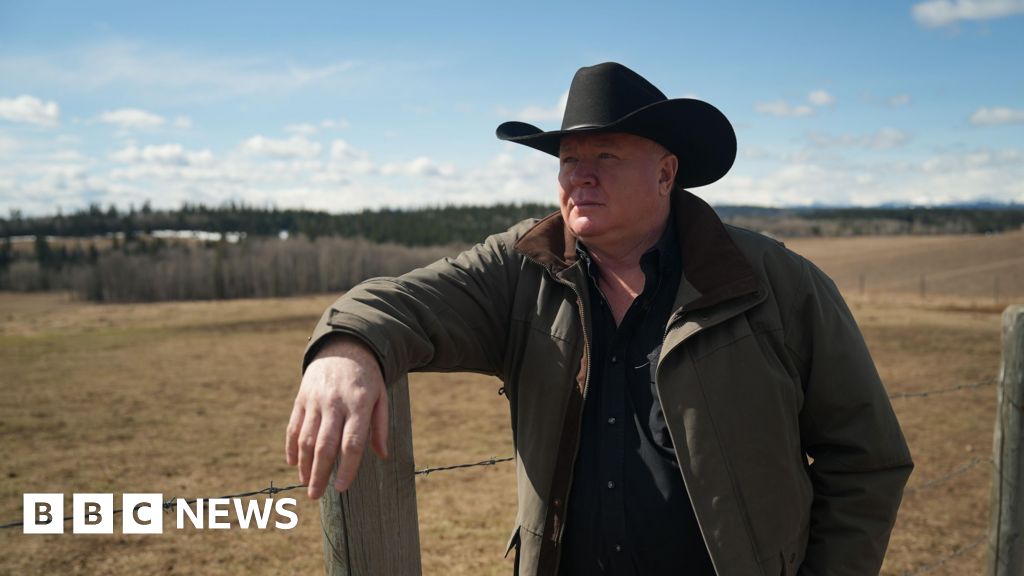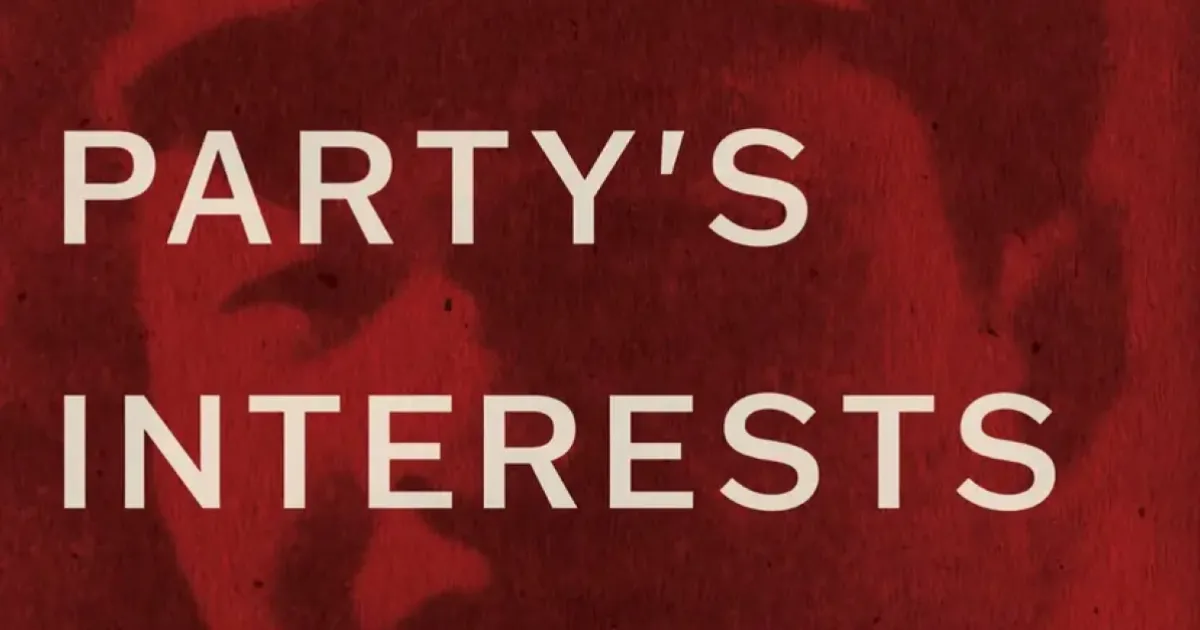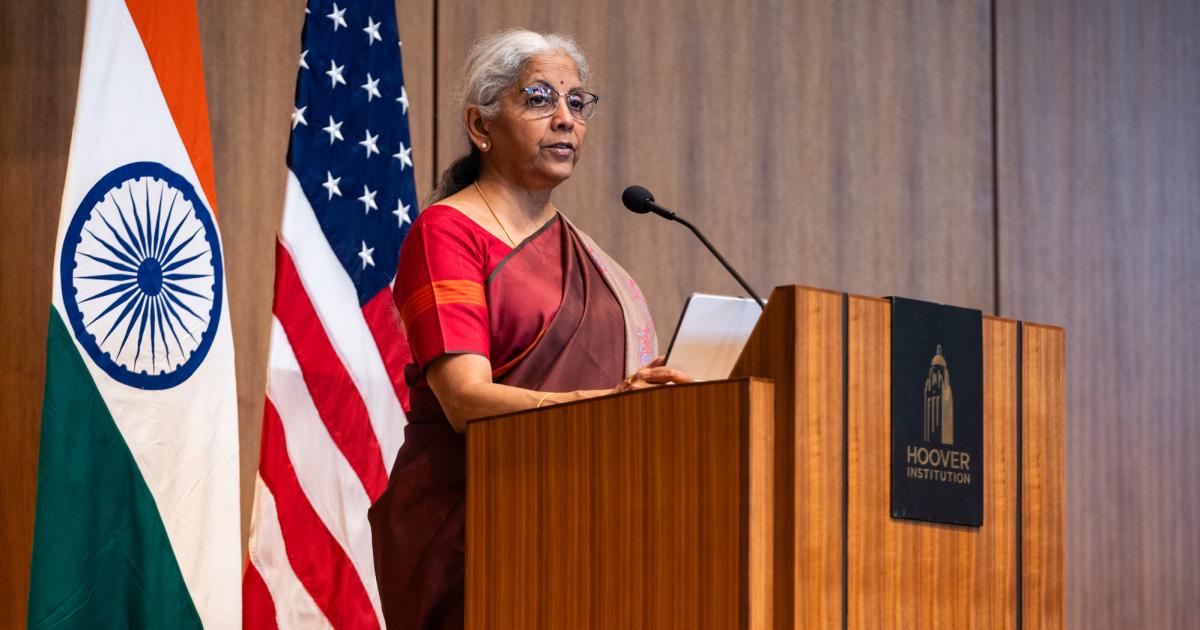'We have more in common with America than the rest of Canada'

In a thought-provoking discussion that reflects a growing sentiment among some Albertans, the potential for Alberta's independence has gained significant traction in recent months. This shift comes amidst a backdrop of political frustration with the federal Liberal government and perceptions of neglect from the Canadian capital. A recent event in Lethbridge drew a crowd of around 100 individuals, where Dennis Modry, a retired heart surgeon and co-leader of the Alberta Prosperity Project, engaged attendees on the future of the province. He posed a series of questions: Who believes Alberta should play a larger role in Canada? A modest number of hands went up. However, when he asked if anyone supported the idea of Alberta becoming its own nation, about half of the audience eagerly raised their hands. Even more strikingly, when Modry inquired if Alberta should consider joining the United States, a similar wave of support ensued.
Mr. Modrys organization, the Alberta Prosperity Project, is a grassroots initiative advocating for a referendum on Alberta's independence. This separatist movement, while a long-standing topic of contention in this conservative province, has recently gained momentum due to two significant factors: US President Donald Trump's remarks about Canada potentially becoming the 51st state and the ensuing boost in polling numbers for the Liberal Party ahead of the upcoming federal elections. Modry shared with the BBC, Were not interested in that. Were interested in Alberta sovereignty.
Among the proponents of the independence movement is Jeffrey Rath, a lawyer and rancher from Calgary, who co-founded the Alberta Prosperity Project alongside Modry. Raths views reflect a more open consideration of Trump's suggestion about Alberta potentially joining the US. We have a lot more culturally in common with our neighbors to the south in Montana and with our cousins in Texas than we do anywhere else, he stated, illustrating a sentiment that resonates with some Albertans who feel more aligned with American culture than other parts of Canada.
Historically, discussions of western separation from Canada have lingered on the fringes of political discourse. However, as the political climate shifts, the topic has moved into the mainstream. An opinion piece in the Globe and Mail by Preston Manning, a prominent figure in Canadas conservative movement and an Albertan himself, cautioned that many Western Canadians are unlikely to accept another four years of Liberal governance, regardless of who leads. He characterized voting for the Liberal Party as an endorsement of Western secession, suggesting that it could lead to a significant fracturing of the nation.
The term western alienation has been used for decades to describe the growing discontent felt by residents of the Prairie provinces, particularly Alberta and Saskatchewan, who believe their needs are frequently overlooked by the political elite in Ottawa. This sentiment intensified under former Prime Minister Justin Trudeau's administration, particularly due to environmental policies perceived as detrimental to Albertas economic interests. As the political landscape shifts, national polling indicates the Liberals, now under Mark Carneys leadership, may secure a fourth consecutive victory, fueled by increased support from eastern provinces like Ontario and Quebec. This outcome further exacerbates the feelings of divide within Canada.
Judy Schneider, a resident of Calgary whose husband is employed in the oil sector, expressed her inclination to vote in favor of independence should a referendum occur. Schneider articulated skepticism toward Carneys ties to Alberta, questioning, He can come and say Im from Alberta, but is he really? Despite the growing discussion around independence, a recent Angus Reid poll indicates that only approximately one in four Albertans would support leaving Canada if a referendum were to take place today. Nevertheless, a separate Nanos poll revealed that a majority of Canadians consider the prospect of Albertas independence to be a serious issue worthy of discussion.
Political analysts suggest that the challenges posed by this regional divide will be a significant hurdle for the next prime minister, particularly if Carney emerges victorious. Even a win for Conservative leader Pierre Poilievre from Calgary may not adequately address the existing imbalance between Eastern and Western Canada. This sentiment has motivated Alberta Premier Danielle Smith, leader of the United Conservative Party, to pursue independent trade talks with the US, diverging from the coordinated approach favored by other provincial leaders and the federal government. Notably, Smith even visited Trump at his Mar-a-Lago estate in Florida.
In Canada, Premier Smith has publicly warned that failure to address Albertas demandsfocused on reversing Trudeau-era environmental regulations to expedite oil and gas productioncould lead to a national unity crisis. While she has dismissed the notion of outright separation as nonsense, critics argue that her rhetoric may be exacerbating tensions at a critical juncture for the countrys future.
As this issue continues to unfold, it raises important questions about the future of Albertas relationship with the rest of Canada and examines the broader implications of regional discontent within the nation.


























